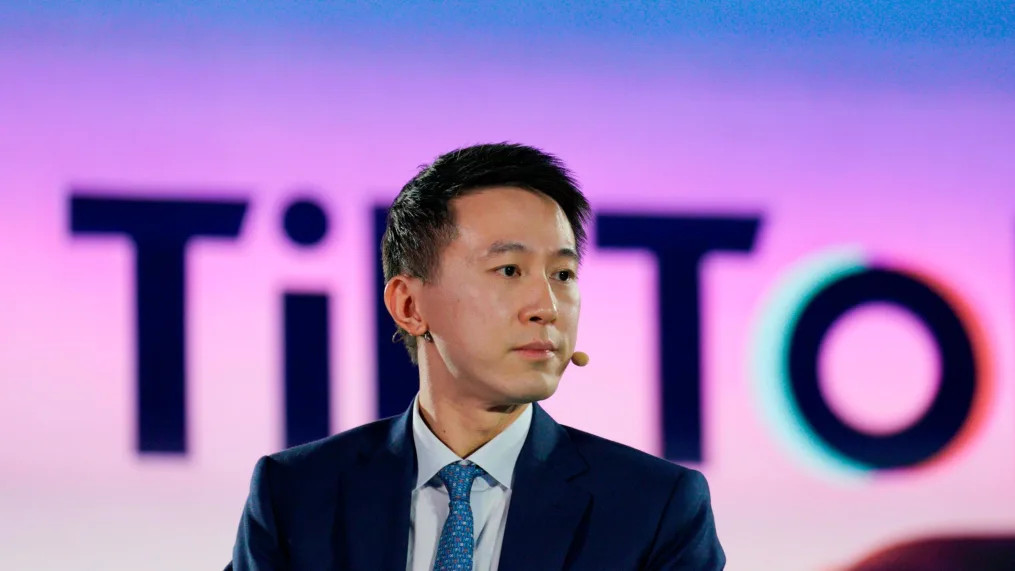
Por Contxto
April 26, 2024
– ByteDance is mulling over selling the majority stake in TikTok’s U.S. operations while keeping a minor 20% share.
– Corporate strategists are planning the sale without TikTok’s vital video recommendation algorithm, focusing only on the brand.
– The strategy excludes potential tech industry buyers to avoid geopolitical drama, eyeing non-tech sectors instead.
As ByteDance faces an ultimatum from the U.S. government, the company’s boardroom is buzzing with plans to disassociate TikTok U.S. from its Chinese roots—or face a ban. The recently signed law by President Joe Biden ignites these drastic measures, giving TikTok a tight 9 to 12 months to cut the cord with ByteDance. In response, TikTok is not just fighting back legally, claiming First Amendment violations, but also prepping for a worst-case corporate breakup.
ByteDance isn’t just looking to sell off some of its U.S. interests; the plans suggest dropping a majority stake but hanging onto about 20%—just under the cap set by American regulators on Chinese ownership. Crucially, these sale plans would strip out the core algorithm that’s pivotal to TikTok’s addictiveness. This follows a precedent from 2020 when China tightened its export control laws, essentially making it tough to hand over such tech to foreign hands, as reported by the [New York Times](https://www.nytimes.com/2020/08/29/technology/china-tiktok-export-controls.html).
The proposed buyer profile is interestingly specific: ByteDance wants to avoid the tech giants like Oracle and Microsoft—both of whom were in the running back when Trump threatened a ban—and is instead eyeing companies outside the Silicon Valley circle. This could potentially open the door for firms like Walmart, which previously showed interest in TikTok during its last dance on the auction floor.
Shedding the sophisticated algorithm could make TikTok a less tantalizing buy, considering the new owners would need to either build a new one or massively invest in backend development. The tech isn’t just about liking videos—it’s about keeping users scrolling, and that magic is hard to recreate. But even with these complications, TikTok remains a lucrative asset, having pulled in around $20 billion in revenue last year, primarily from U.S. ads.
Our Statement on Enactment of the TikTok Ban:
This unconstitutional law is a TikTok ban, and we will challenge it in court. We believe the facts and the law are clearly on our side, and we will ultimately prevail. The fact is, we have invested billions of dollars to keep U.S.…
— TikTok Policy (@TikTokPolicy) April 24, 2024
ByteDance’s strategy highlights a nuanced navigation of international business tensions, aiming to preserve TikTok’s market presence in the U.S. while placating regulatory demands. It’s a delicate balance, trying to please governments, potential business partners, and millions of TikTok users—all while the clock ticks loudly in the background.

Por Stiven Cartagena
January 12, 2026